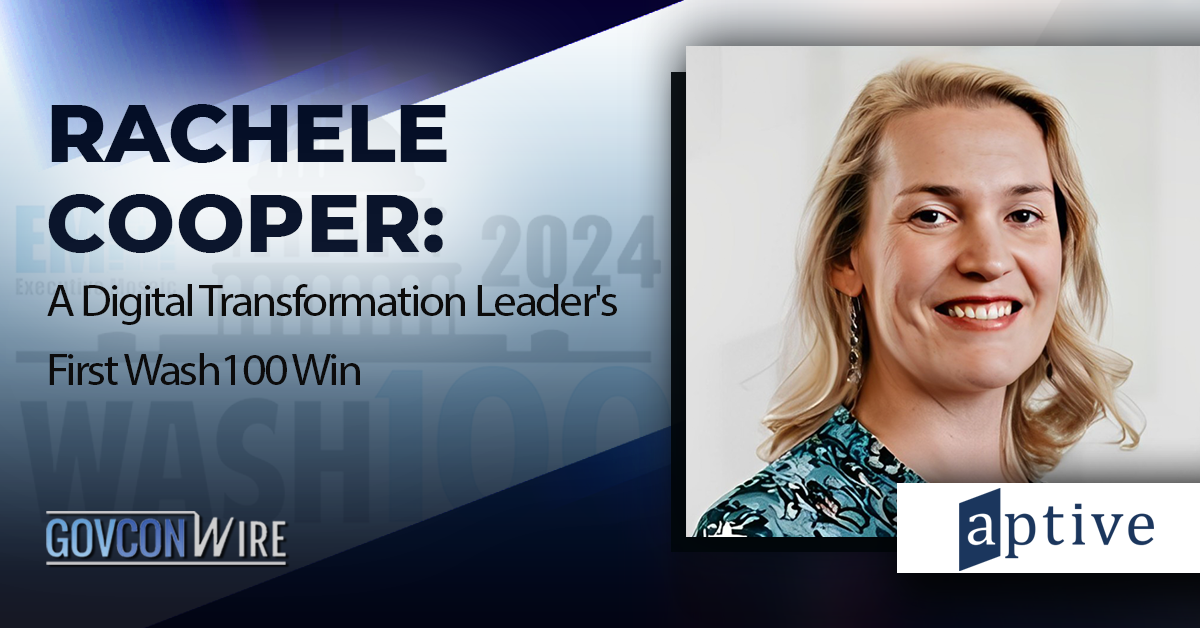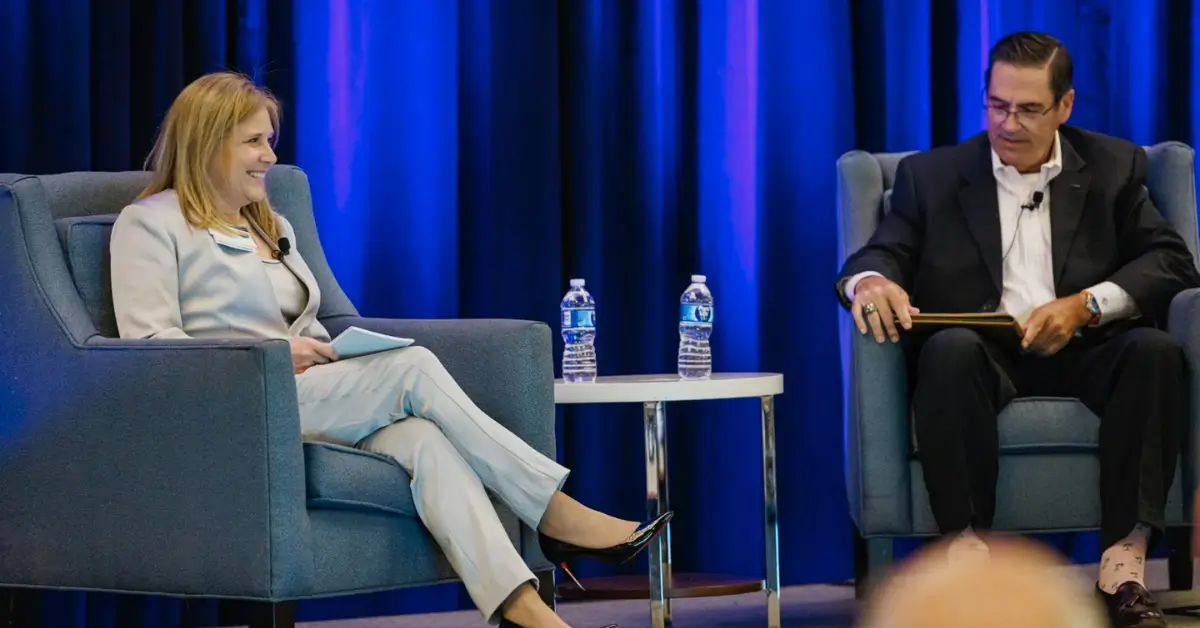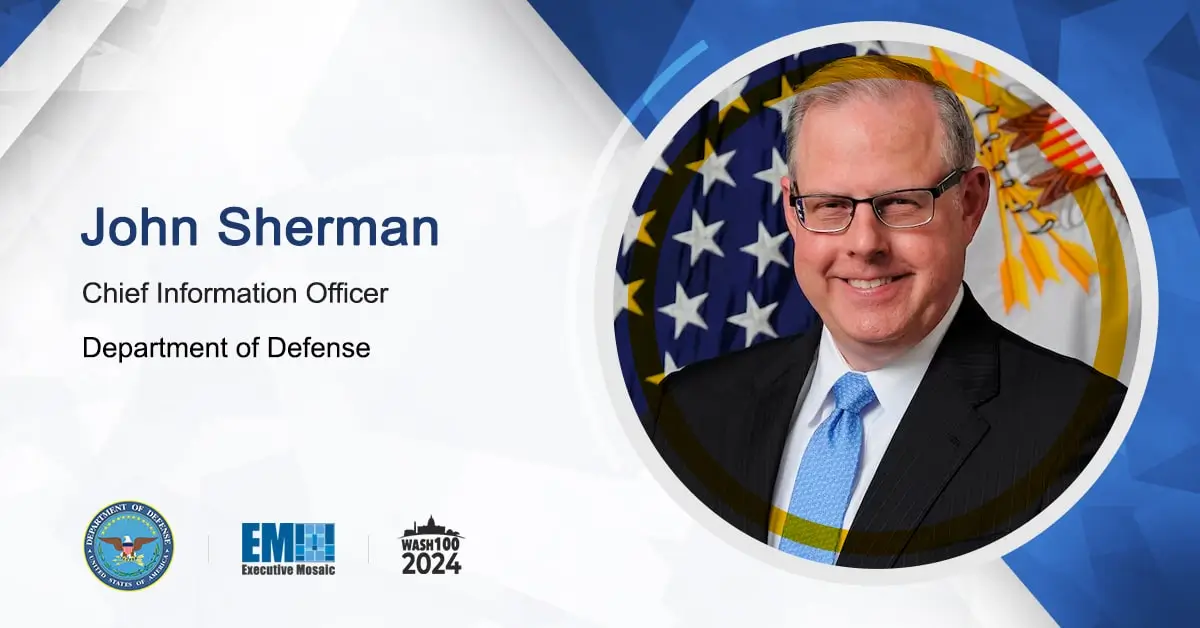From warfighting missions to public service, data has proven to be a critical asset in boosting the nation’s performance and competitive advantage.
Deputy Defense Secretary Kathleen Hicks on May 5 signed a memorandum aimed at revolutionizing the Department of Defense into an agency that leverages data architecture and systems to advance the nation’s warfighting capabilities and public service.
The memo laid out DOD “data decrees” intended to guide the department in handling data in Joint All Domain Operations, senior leader decision support and executive analytics.
One of the initiatives presented in the document, the final report of which is expected to be submitted by July 1, is the inception of the department’s chief data officer who shall act independently from the chief information officer.
The DOD CDO will be tasked to issue policies related to the department’s data ecosystem, including data sharing, architecture, lifecycle management and ensuring a workforce with the necessary skills to manage data-driven efforts.
But within CFO and non-CFO Act agencies, the Chief Data Officers Council, after conducting a survey among its members, found that CDOs across organizations face emerging common challenges.
CDO is a new addition to the agencies and the position has no congressional mandate to have a direct line in the agency’s hierarchy.
Based on the survey report released May 31, the top three convergence areas of responsibility were data governance, policy, and strategies.
The most common obstacle is the limited skills of the staff and difficulties in hiring from the workforce. Data governance and lack of direct funding also prevailed as hurdles in the agencies.
The majority of CDOs surveyed reported directly to either their agency’s head or deputy head, or the chief information officer.
Ted Kaouk, CDOC chairman and CDO of the Department of Agriculture, noted during a virtual summit of the Digital Government Institute that the council is not advocating for definitive protocols on where the members fit in the hierarchy of their respective agencies.
He added that different reporting structures of CODs have their own challenges and benefits.
In terms of data type use, David Spirk, DOD chief data officer, during an IT Modernization summit of Fedscoop in April echoed a similar stance as Kaouk and disputed the notion that there is an all-inclusive approach on the data type that the department must use.
Spirk instead said that an open-data-standard data architecture could enable interoperability in various missions that utilize data in distinctive strategies. “Trying to just have one to rule them all would be a fool’s errand,” he said.
As information technology continues to ascend in military and government missions, how is the government developing strategies and preparations to capitalize on data-driven initiatives and maintain its edge against adversaries?

Find out during GovCon Wire’s Data Innovation Forum on June 15 at 9:00 a.m. EST what steps are being taken by the federal government to enhance data approach, artificial intelligence innovation and machine learning and ensure the nation’s advantage in data processing technology.
Visit the GovConWire Events page to learn more about the forum, which will feature David Spirk as the keynote speaker.





